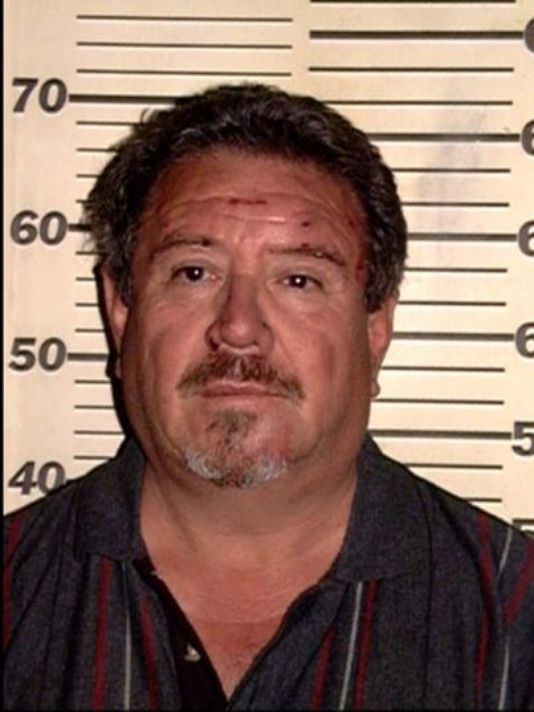SAN ANTONIO -- Bexar County prosecutors are struggling to keep a chronic drunk driver off the roads, letting him rack up a dozen DWI arrests in forty years.
Carlos Faz was first arrested on DWI charges in 1975. In April, he was given a 10-year sentence for his 12th offense, but his attorney is appealing that, saying he deserves probation and alcoholism treatment instead of hard time.
Faz has more DWI arrests than anyone else in Bexar County, a fact that left many drivers Eyewitness News spoke with angry.
"My best friend was killed in 2009, right after our graduation," said driver Mark Lewis. "It is unnecessary for him to have his license, I don't think that's right at all."
"I think that's just completely ridiculous. There's no words," said Joselin Dudley.
In Texas, the severity of charges increases with each DWI. After three convictions, it becomes a felony with two to 10 years jail time.
Faz benefited from a law on the books before 2005, which essentially cleared one's record after 10 years of clean driving.
His criminal history shows a long gap in DWIs, with no convictions between the late '80s and early 2000s.
"What would normally be a felony would still be back at the misdemeanor level because of that rule," said Woodrow Halstead, the First Assistant District Attorney for Bexar County.
In addition to jail time, the state will suspend a license for up to two years and require ignition interlock systems for a single DWI conviction.
But interlock is typically isolated to one car.
"That's the thing, there's really no way to guarantee that they aren't going to get behind the wheel," said Halstead.
Faz is now appealing his jail time in court. After serving his sentence, the court may also order him to not drink alcohol and force him to wear a blood-alcohol monitoring device.
Halstead says the laws against drunk driving have gotten tougher over time. Ever since 2005, prosecutors have been able to factor any previous offense into its charges, regardless of how long ago the crime happened. There are also new breathalizer systems which can work in any car.
Prosecutors say even those offer no guarantee drunk drivers don't get behind the wheel.


